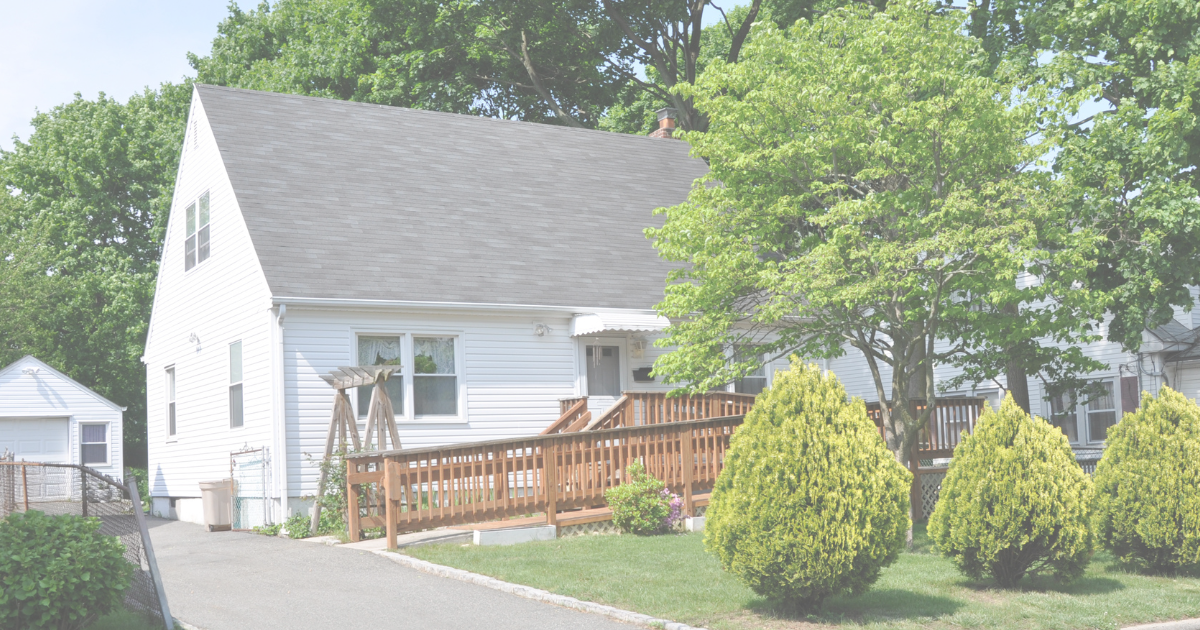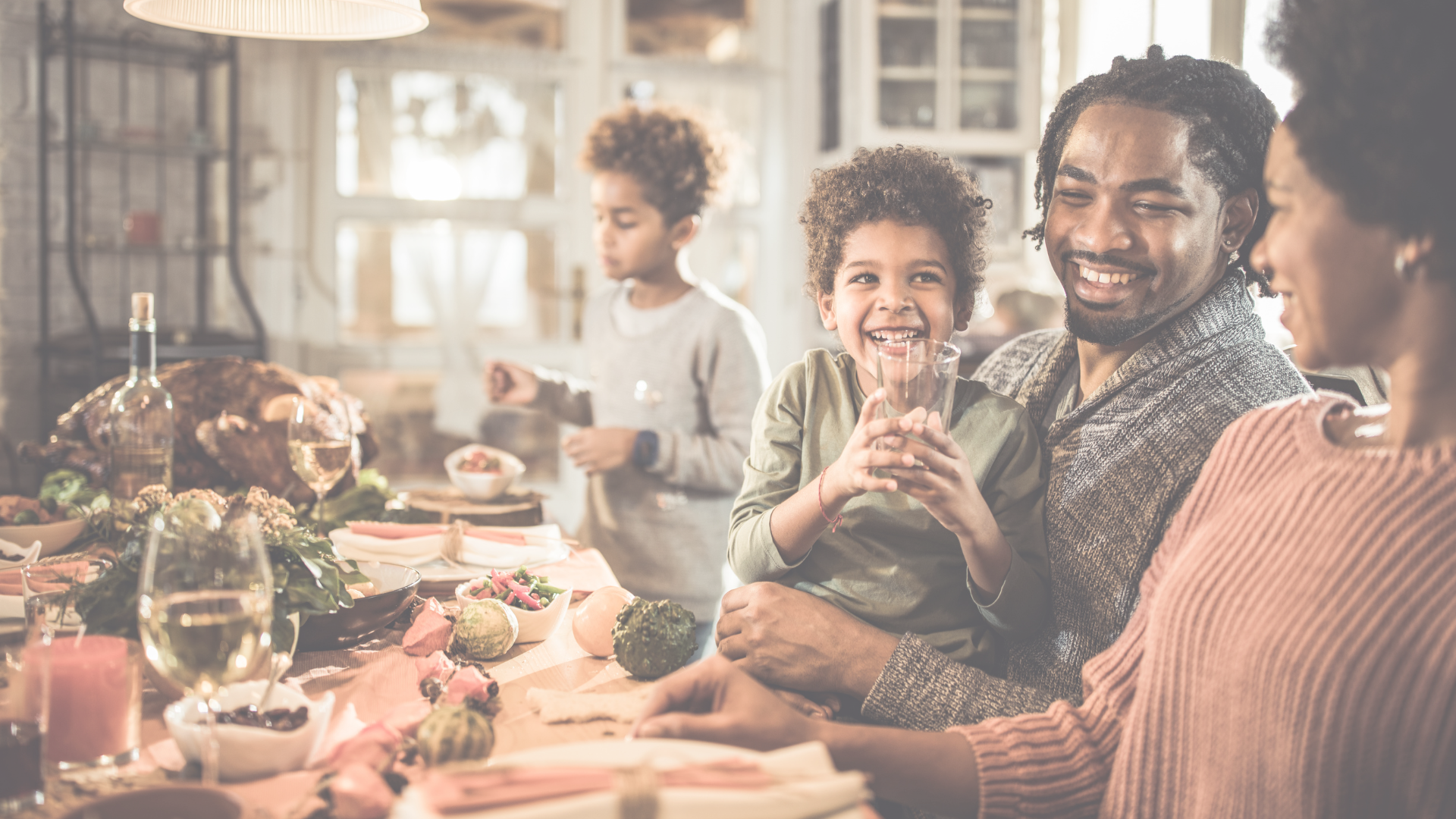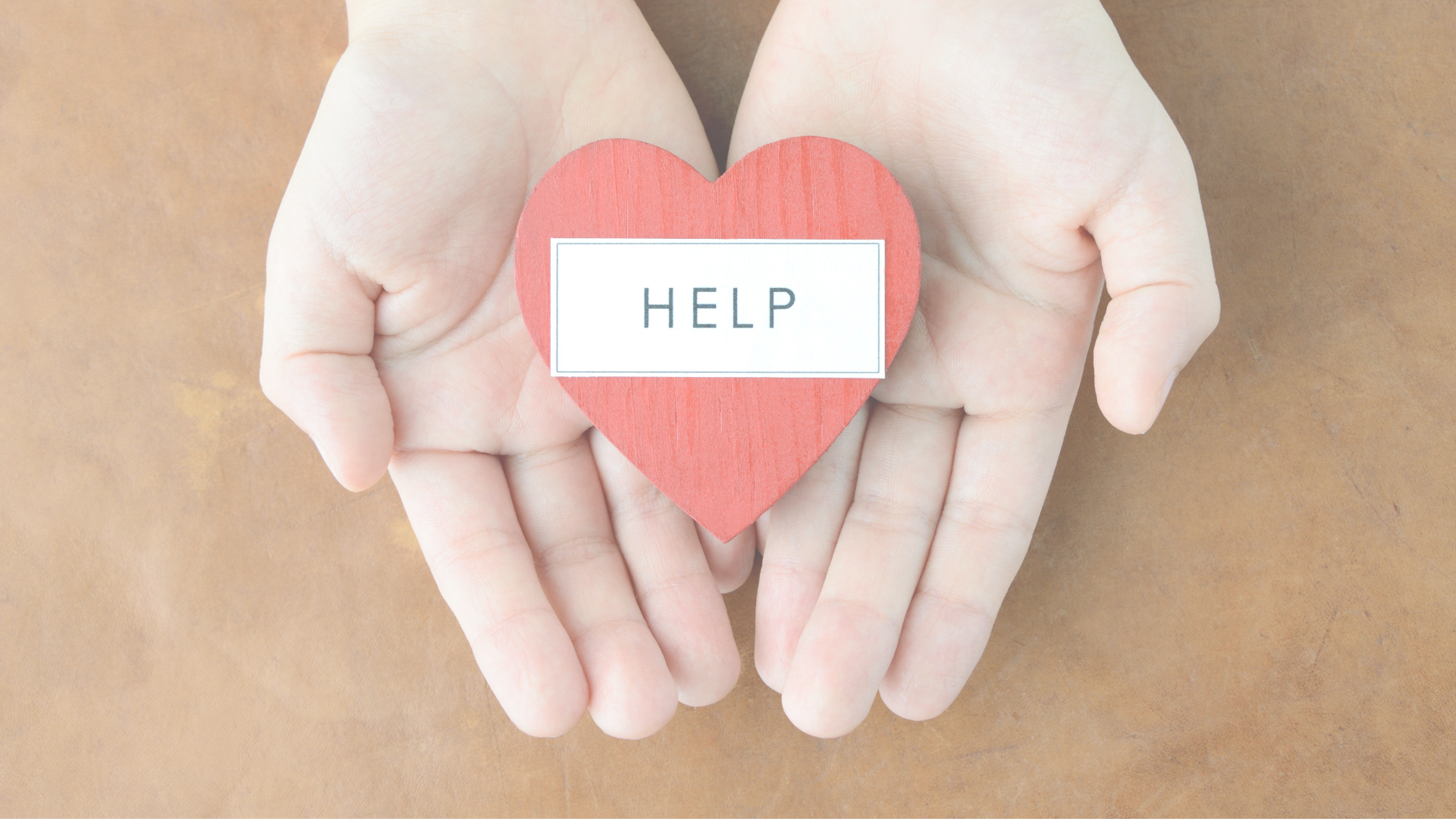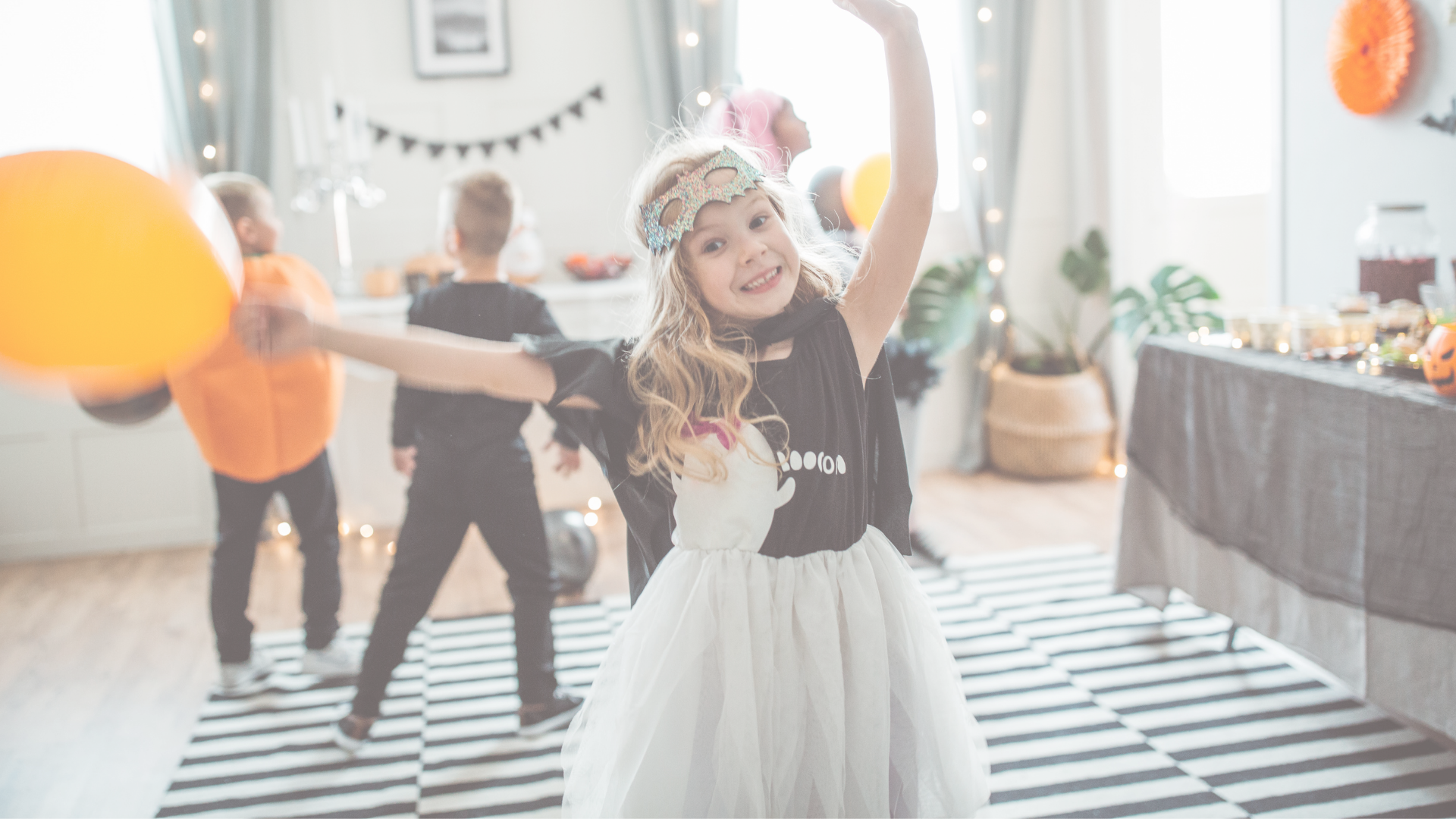Climbing Out of the Darkness: My Journey into Motherhood
In my last post in honor of National Mental Health Awareness Month, I’m sharing something personal—my own journey with motherhood and mental health.
I haven’t shared much about my experience of becoming a mother—my matrescence—with very many people. It wasn’t the experience I expected or planned for; it didn’t align with what’s depicted in movies, TV, and books—or on blogs.
My postpartum period was cloaked in guilt and shame. Because it wasn’t an easy time, I thought something was wrong with me. Because I didn’t see my experience reflected in the world, I thought I had to hide it.
I guess that’s why I need to share it now. Maybe a new mom needs to see this and know she’s not alone. Maybe I can take one small step to help normalize a different type of experience. To show that the postpartum period is not a magical, glorious time for all mothers—and that’s okay.
During my twenties, I appeared outwardly to have no interest in having my own children. Meanwhile, my husband and I already had our daughter’s full name picked out. I just knew from a place deep inside that we’d have a little girl one day.
In my early thirties, after an HPV diagnosis and procedures that could jeopardize my ability to carry a baby to term, my OBGYN suggested that if I did want children, I probably shouldn’t delay.
I went from feeling like I was waiting for the right time to worrying that I was going to run out of time. In the fall of 2020, during a global pandemic (maybe the worst time?!), I found out I was pregnant.
In June of 2021, I gave birth to my daughter at 35 weeks—five weeks premature—after my water broke spontaneously, mysteriously. I had a “normal” pregnancy up until that point. The cause was unrelated to my HPV-related procedures but, even after a number of tests, is still unknown.
I held my daughter for the first time so briefly. There’s only a single blurry photo to supplement my own hazy recollection of that moment. She was rushed to the nursery for respiratory support and later transported to a Neonatal Intensive Care Unit at a different hospital nearby. It would be days before I would have the opportunity to hold her in my arms again. As soon as my daughter was born, I feared we might lose her.
I am convinced the NICU experience, no matter how long or short, changes your brain and the way you approach parenting forever. For me, it also triggered a severe case of postpartum anxiety (PPA) and depression (PPD).
I didn’t notice the symptoms while my daughter was in the hospital. I think I was pushing myself harder than I’ve ever pushed before to stay strong for my baby. When we finally got to bring her home, I collapsed under the weight of it all.
I felt completely debilitated. I had no appetite. I felt nauseous all the time. I couldn’t stop crying. As soon as I would wake up from the little amount of sleep I could manage, I would have a panic attack. I watched as my husband held our baby, but I often avoided holding her because I was terrified of hurting her. I felt so overwhelmed, like I couldn’t catch my breath. It felt like an endless cycle of feeding, diaper changing, and pumping, with no real opportunities for rest. I felt like I was in a dark, dark cave with no way out.
Thankfully, there was a way out. I met with my therapist regularly, bawling my eyes out over teleconferences. At her recommendation, I talked to my OBGYN about my symptoms, and she prescribed medication. And rest. She gave me permission to sleep in a separate space from my baby. For several nights, my husband did the “night shift,” relocating our baby’s bassinet to the living room and sleeping on the couch so I could get longer stretches of restful sleep in our bedroom.
(I honestly still feel shame about admitting that last part. This is a work in progress.)
After about a month, the darkness began to lift. I overcame my fear of holding my daughter by sitting with the discomfort of my fear until it eventually melted away. I stopped having panic attacks as frequently. I shared in the dreaded “night shift.”
Admittedly, I was blindsided by my experience with PPA and PPD after I gave birth. I was aware of PPD, and I even discussed the possibility of getting it with my doctor. I wasn’t very far into my mental health diagnoses when I became pregnant, but I had been treated for seasonal affective disorder (SAD) during the fall and winter months. I had also been working with my therapist to address generalized anxiety. I knew some risk factors were there.
I just didn’t understand how severe my symptoms could be or how quickly they could appear.
In hindsight, I wish I had taken the risk factors more seriously and had a plan in place for treatment that would begin immediately after delivery. I’ve since been diagnosed with post-traumatic stress disorder (PTSD) and attention-deficit/hyperactivity disorder (ADHD). A new study suggests that people with ADHD are more likely to experience PPD and PPA, as are people with depression and anxiety prior to pregnancy.
I love my daughter more than anything in this world. She is pure magic. And I know I am willing to go through hell to be with her. It’s been tested and proven. My experience of early motherhood taught me a valuable lesson I’ll need throughout this journey of raising my daughter. And it’s that I have to show up for myself in order to show up for her. I have to take care of my own health—mental and physical—in order to be the best parent I can be for her.










